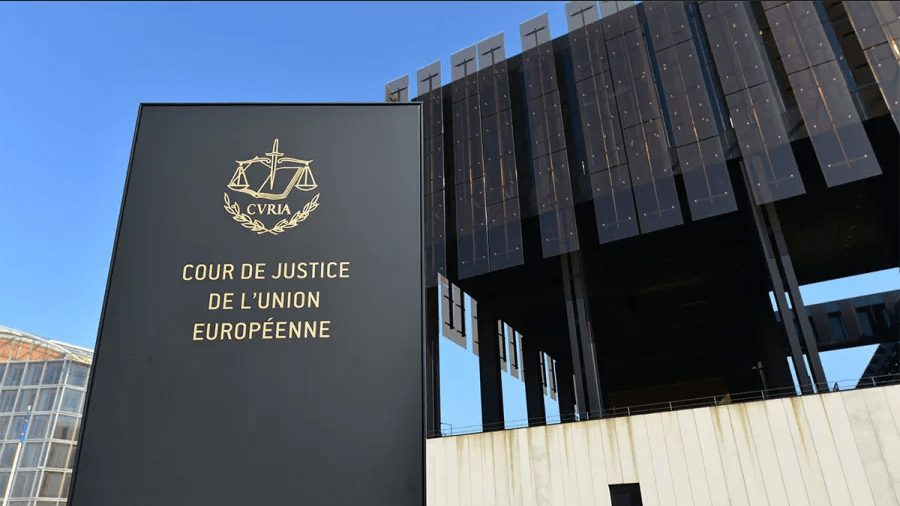CJEU Affirms EU Law on Communication to the Public

In a recent ruling, the Court of Justice of the European Union (CJEU) has confirmed that the broadcasting of a musical work as background music in a public means of transport constitutes a communication to the public under EU copyright law. However, the mere presence of sound equipment and software for broadcasting such music on board does not qualify as a communication to the public.
EU copyright law mandates member states to ensure that national laws provide copyright holders with exclusive rights, including the right to authorize or prohibit any communication to the public of their works. Any infringement of these rights should be subject to appropriate sanctions and remedies.
The case involved two Romanian collective management organizations responsible for music copyright and related rights. They initiated legal proceedings against an air transport company and a rail transport company for broadcasting musical works without a license on board their aircraft and train carriages. The air transport company argued that while it had the necessary software for broadcasting musical works on 22 out of 28 aircraft, it only played one licensed musical work as background music on 14 of those aircraft, without any profit motive.
Similarly, the railway company asserted that the presence of sound systems, required by applicable railway legislation, amounted to a communication to the public of works.
The lower national court ruled that the presence of devices enabling the broadcasting of musical works on the aircraft and rail carriages created a rebuttable presumption of communication to the public.
The appellate court sought guidance from the CJEU on whether broadcasting a musical work via an aircraft’s public address system constituted communication to the public, even without a profit motive, and whether the presence of sound systems gave rise to a rebuttable presumption of communication to the public.
The CJEU affirmed that authors have an exclusive right to authorize or prohibit any communication to the public of their works. Broadcasting a musical work as background music by a public transport operator does constitute a communication to the public, regardless of any profit motive. By providing access to the protected work, the operator actively enables all passengers to enjoy the broadcast. However, the physical presence of communication facilities on board does not, by itself, constitute a communication to the public. Therefore, member states cannot enact legislation that presumes communication to the public solely based on the presence of sound systems or related software on public transport.
The CJEU emphasized that intellectual property rights, such as copyright, aim to reward innovation and investment. Nevertheless, limitations to these rights are necessary to maintain a fair balance between the rights of intellectual property holders and the public. In adherence to EU law, member states must ensure that copyright holders have the power to control the communication of their works to the public while respecting the boundaries of equitable use.
Recommended Posts

Financial Aspects of Doing Business in Malta
July 26, 2024

EveryMatrix & beBettor Ensure Safer UK Gambling
July 26, 2024




